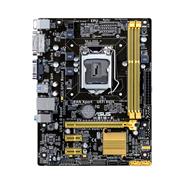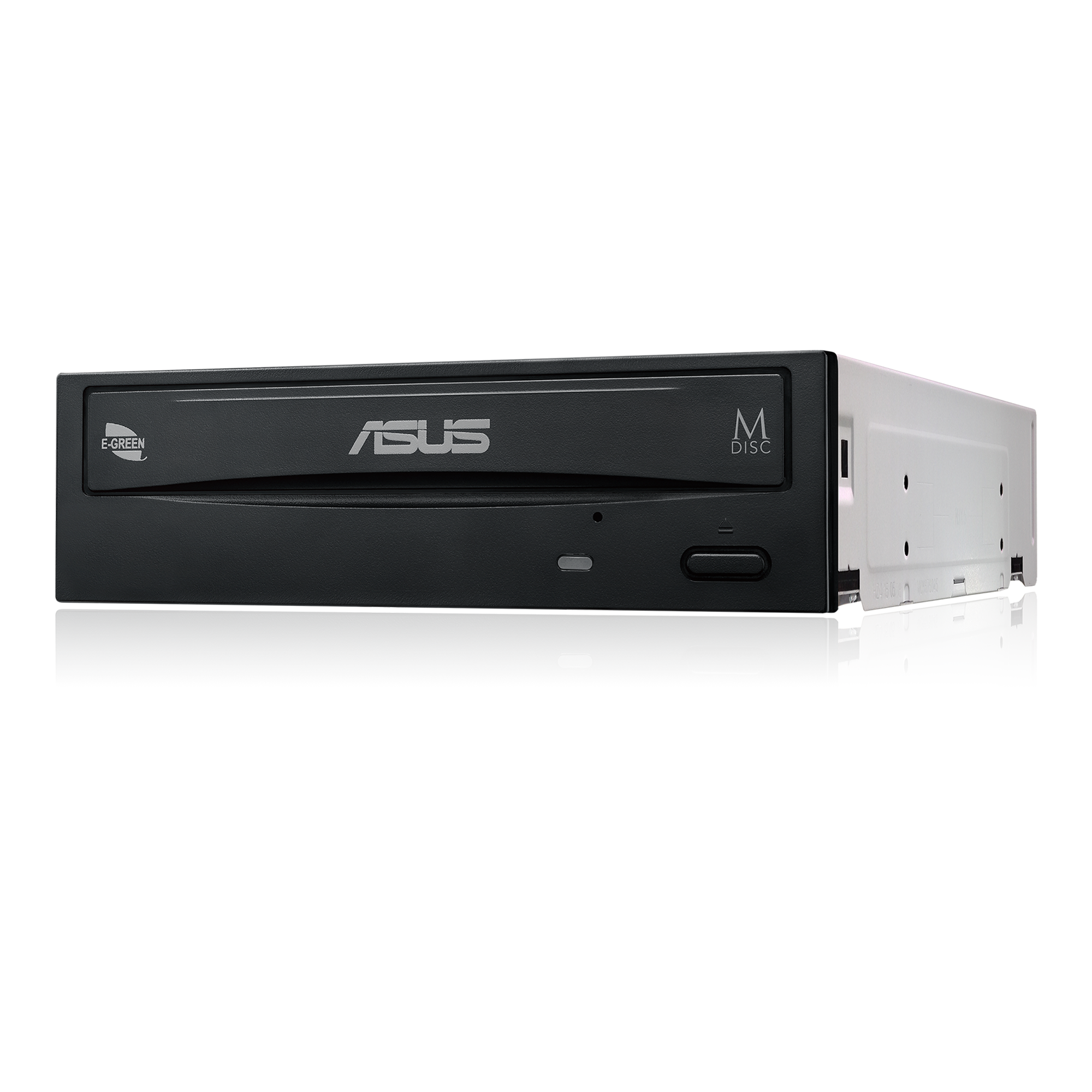Hello
My RAM upgrade (bellow) worked for a few days on my old motherboard, then all of a sudden the computer would not start any more. On rare occasion I could still get the initial UEFI splash screen, nothing more.
So I keep thinking and thinking: what kind of defect could make the RAM work for just 1 day ? Any ideas ?
Clearing CMOS and replacing the old battery did not work. Trying one RAM stick at a time did not work. I checked the RAM sticks are seated in the slots and both clamps click (the sticks are hard to fit in the slots). If I visually line them up with the old RAM, and check for size differences, nothing is wrong.
Putting back the old memory makes the motherboard work as expected again.
So maybe somehow the motherboard automatically enables the higher 1600 MHz memory speed, despite the CPU not supporting it ? Is that possible ? But how do I turn down RAM speed, since I can not enter UEFI ?
If I just buy a new CPU (i7-4790K), would it solve the problem ?
How could I re-write the SPD to lower the RAM frequency ? Do I need a payed app, or can I use Linux ?
There is a minor BIOS update from Asus for my MB, but updating is not trivial for me since I modified my BIOS to add the NVMe module (by a stroke of luck), by following a forum post that I do not remember now. I use an NVMe SSD to boot Windows, connected to the PCIe slot with an adapter from M.2 to PCIe. The MB predates NVMe drives, so I had to unpack the BIOS file and add the NVMe module from Asus to it. I should be able to do the same again, but it's been a long time. The new BIOS version only says
"Improve system compatibility. Support ALC897 audio codec" Could this BIOS update fix my RAM issue ?
Motherboad: Asus H81M-K

 www.asus.com
www.asus.com
Processor: Intel Pentium Celeron G3220 (dual-core with HD Grapchics)
https://ark.intel.com/content/www/u...entium-processor-g3220-3m-cache-3-00-ghz.html
New RAM: Patriot Viper 2x8GB DDR3 PC3-12800 1600MHz, 9-9-9-24 1.5V PV316G160C9K
https://assets.website-files.com/5cdb2ee0b102f96c3906500f/5dd6c45aed1853e2809f0eed_PV316G160C9K Sku Sheet_Copyable 071019.pdf
Old RAM: 1x4GB Kingston 4GB (PC3-10600 ) 1333MHz, 9-9-9-24-33 1.5V
https://www.kingston.com/datasheets/kvr13n9s8_4.pdf
Gigabyte AORUS RGB M.2 NVMe SSD 512GB:
https://www.gigabyte.com/ro/Solid-State-Drive/AORUS-RGB-M2-NVMe-SSD-512GB#kf
Toshiba HDD 1TB DT01ACA100
https://toshiba.semicon-storage.com...nal-specialty/pc/articles/dt01aca-series.html
Asus 24x DVD-RW optical drive DRW-24F1ST:

 www.asus.com
www.asus.com
No discrete video card.
Again, the RAM worked for about 1 day... unblievable !
--
Thank you,
Adrian Constantin
My RAM upgrade (bellow) worked for a few days on my old motherboard, then all of a sudden the computer would not start any more. On rare occasion I could still get the initial UEFI splash screen, nothing more.
So I keep thinking and thinking: what kind of defect could make the RAM work for just 1 day ? Any ideas ?
Clearing CMOS and replacing the old battery did not work. Trying one RAM stick at a time did not work. I checked the RAM sticks are seated in the slots and both clamps click (the sticks are hard to fit in the slots). If I visually line them up with the old RAM, and check for size differences, nothing is wrong.
Putting back the old memory makes the motherboard work as expected again.
So maybe somehow the motherboard automatically enables the higher 1600 MHz memory speed, despite the CPU not supporting it ? Is that possible ? But how do I turn down RAM speed, since I can not enter UEFI ?
If I just buy a new CPU (i7-4790K), would it solve the problem ?
How could I re-write the SPD to lower the RAM frequency ? Do I need a payed app, or can I use Linux ?
There is a minor BIOS update from Asus for my MB, but updating is not trivial for me since I modified my BIOS to add the NVMe module (by a stroke of luck), by following a forum post that I do not remember now. I use an NVMe SSD to boot Windows, connected to the PCIe slot with an adapter from M.2 to PCIe. The MB predates NVMe drives, so I had to unpack the BIOS file and add the NVMe module from Asus to it. I should be able to do the same again, but it's been a long time. The new BIOS version only says
"Improve system compatibility. Support ALC897 audio codec" Could this BIOS update fix my RAM issue ?
Motherboad: Asus H81M-K

H81M-K|Motherboards|ASUS Global
ASUS Business motherboards provide enhanced features to smooth your IT operations, including comprehensive system protection, 24/7 stability and reliability and an improved management suite for easier customization.
 www.asus.com
www.asus.com
Processor: Intel Pentium Celeron G3220 (dual-core with HD Grapchics)
https://ark.intel.com/content/www/u...entium-processor-g3220-3m-cache-3-00-ghz.html
New RAM: Patriot Viper 2x8GB DDR3 PC3-12800 1600MHz, 9-9-9-24 1.5V PV316G160C9K
https://assets.website-files.com/5cdb2ee0b102f96c3906500f/5dd6c45aed1853e2809f0eed_PV316G160C9K Sku Sheet_Copyable 071019.pdf
Old RAM: 1x4GB Kingston 4GB (PC3-10600 ) 1333MHz, 9-9-9-24-33 1.5V
https://www.kingston.com/datasheets/kvr13n9s8_4.pdf
Gigabyte AORUS RGB M.2 NVMe SSD 512GB:
https://www.gigabyte.com/ro/Solid-State-Drive/AORUS-RGB-M2-NVMe-SSD-512GB#kf
Toshiba HDD 1TB DT01ACA100
https://toshiba.semicon-storage.com...nal-specialty/pc/articles/dt01aca-series.html
Asus 24x DVD-RW optical drive DRW-24F1ST:

DRW-24F1ST|Optical Drives|ASUS USA
ASUS internal DVD drives provide you with flexible and efficient multimedia data access and storage, plus M-DISC⢠support to save your precious memories for a millennium.
 www.asus.com
www.asus.com
No discrete video card.
Again, the RAM worked for about 1 day... unblievable !
--
Thank you,
Adrian Constantin
Last edited:



